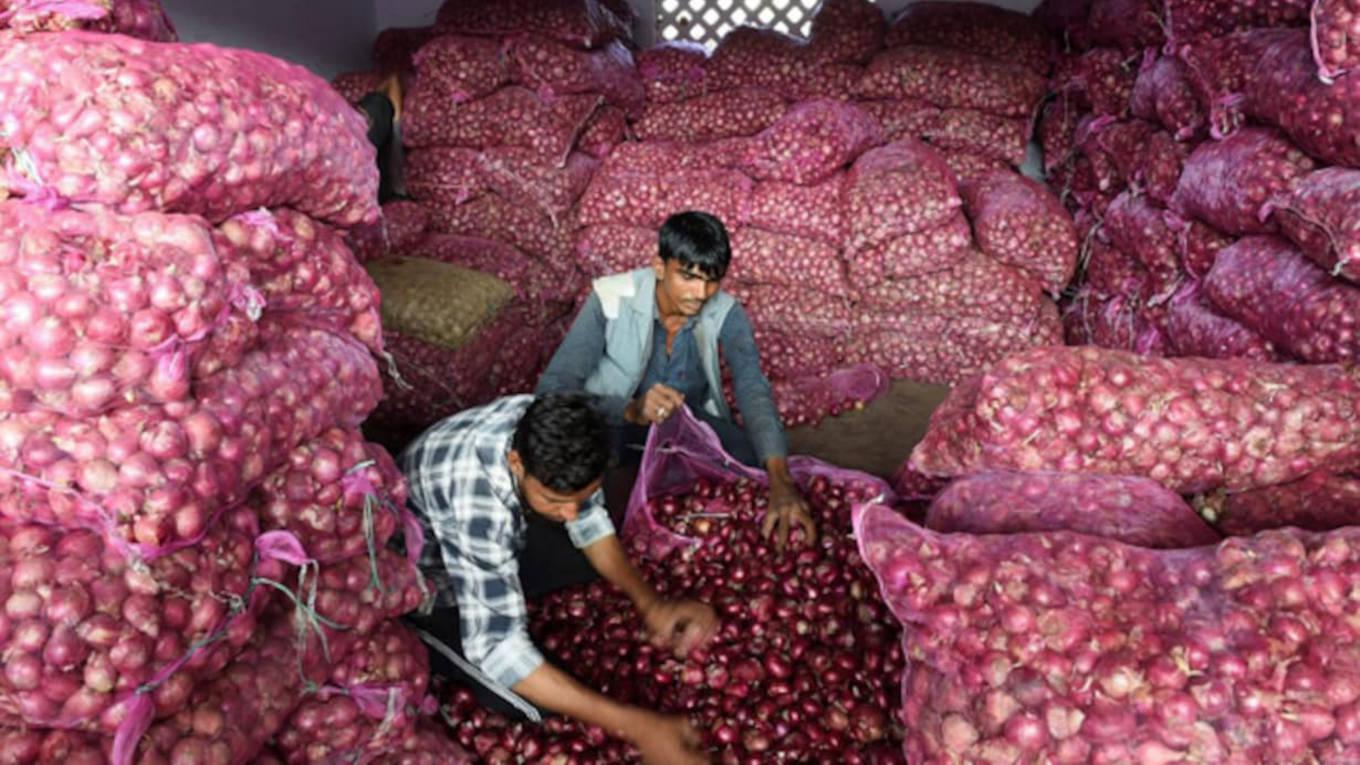India had imposed a ban on export of onions in December 2023, following a domestic supply crunch and after a 40 per cent export tax failed to cool prices, which had more than doubled to reach Rs100 a kg in some cities. Following India’s export ban, global onion prices have shot up in recent months to about $1,200-1,500 a tonne. Rates have been pushed high also due to similar bans by Pakistan and Egypt. On 22 March 2024, just days before the ban was set to expire, the government extended the ban indefinitely. The export ban was aimed at ensuring the availability of the staple vegetable to domestic consumers at affordable prices in the run-up to the Lok Sabha election. Farmers in Maharashtra, the largest onion-producing state, expressed that market conditions were conducive to lifting the ban. With the rabi harvest expected to start arriving in the mandis soon, they argued that there was no immediate need for extending the ban again. “The harvesting of rabi onions has commenced and will continue through April,” says Bharat Dighole, president, Maharashtra State Onion Producers Farmers Association. “According to initial reports from farms, the crop looks promising. The next sowing is scheduled for August”. This indicates that there will be a good quantity of vegetables in the market. Historically, onions have been a critical commodity in Indian politics, with fluctuations in prices often influencing voter sentiment. However, the extension of the ban on onion exports has led to farmers voicing their frustration over mounting losses. Elections in mind “It wasn’t the case that prices would have gone up significantly or that there would be a shortage in the market,” Dighole explains. “That is why we were hopeful that the ban would be lifted after 31 March. However, the government has made this decision with the elections in mind, aiming to suppress prices before voting”. The extension of the ban has resulted in losses for onion farmers, with many unable to even cover the production costs. Since December, following the export ban, prices have been declining. In Lasalgaon, Asia’s largest onion market, farmers are receiving Rs1,000-1,300 per quintal of onion. “On the other hand, the production cost is about Rs2,000 per quintal,” says Amol Madhukar Darekar, a farmer from Vinchur town in Nashik district. It now turns out that India, as the world’s largest exporter of the item, will continue to ban overseas shipments amid projections of lower output for two years in a row. The government, however, has allowed shipments of onions to a few countries on priority in response to diplomatic requests. These countries include the UAE (24,400 tonnes), Bangladesh (50,000 tonnes), Bahrain (3,000 tonnes), Mauritius (1,200 tonnes) and Bhutan (550 tonnes). While India’s gestures of goodwill have been welcomed by the recipient countries, traders and farmers are not too happy. They allege that India’s onion shipment to the UAE have been sold cheap, despite high international prices, allowing importers in the Middle East country to make windfall profits at the cost of Indian farmers. Onion shipments to the UAE are being channelled through the National Co-operative Exports Limited (NCEL) on a government-to-government basis. The pricing and exporting entity are being fixed by an inter-ministerial committee.
-

Eye on elections: the export ban was aimed at ensuring the availability of onion to domestic consumers at affordable prices

































